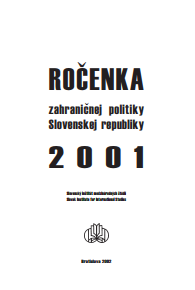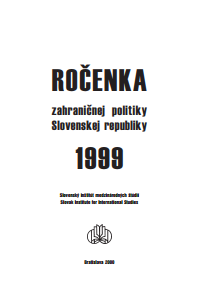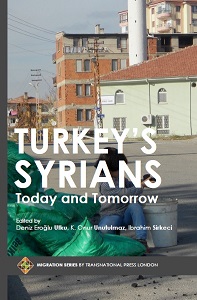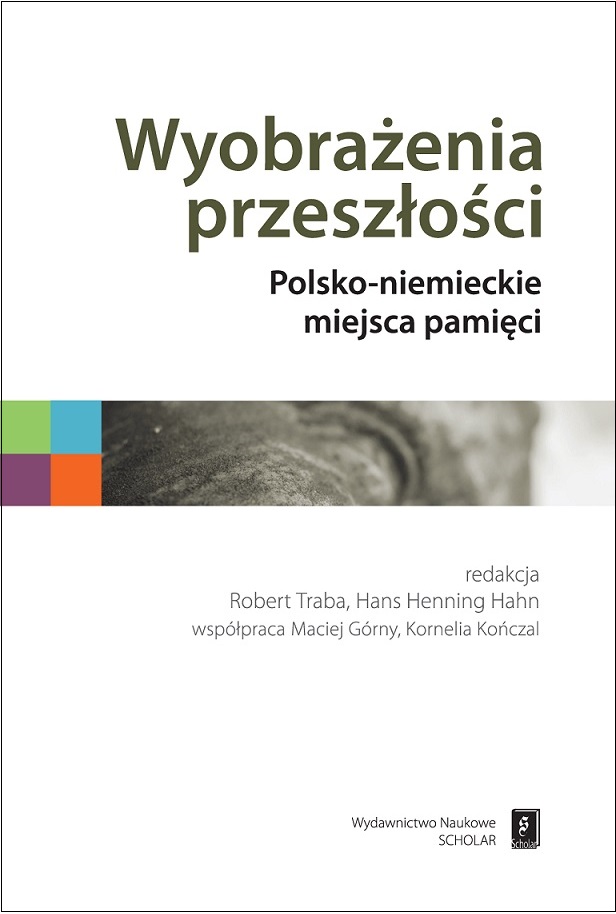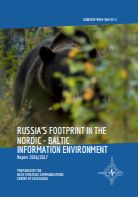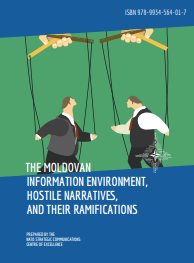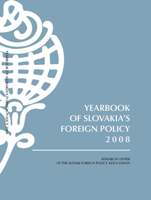
Zahraničná politika Slovenska v roku 2008 optikou ministra zahraničných vecí
For Slovak foreign policy, the year 2008 was both a year of continuity in terms of fundamental priorities and goals and a year which marked the beginning of significant change within the external environment in which Slovak diplomacy operated. On the international scene, Slovakia backed solutions based on effective multilateralism and adherence to international law. Slovakia was able to fulfill its main foreign policy objectives and the external conduct of the country strengthened its international position. Slovak diplomacy clearly, and with a certain amount of foresight, included the main strategic priorities and objectives of foreign policy in the strategy of the Ministry of Foreign Affairs (MFA); the structure of which was also used in drafting the Report on the Fulfillment of Slovak Foreign Policy Tasks in 2008 and Foreign Policy Orientation for the Year 2009. Strengthening diplomatic activities in support of Slovakia’s prosperity, issues of energy security, and the overall stability of Europe proved to be key agendas within the strategy. Protecting the interests of Slovak citizens abroad also received greater focus in foreign policy. We also perceive 2008 to have been a year of increased uncertainty in international relations and international law. It was the year of the Russian-Georgian conflict, the unilateral declarations of the independence of Kosovo, South Ossetia and Abkhazia, and the year of the beginning of the global financial and economic crisis.
More...

